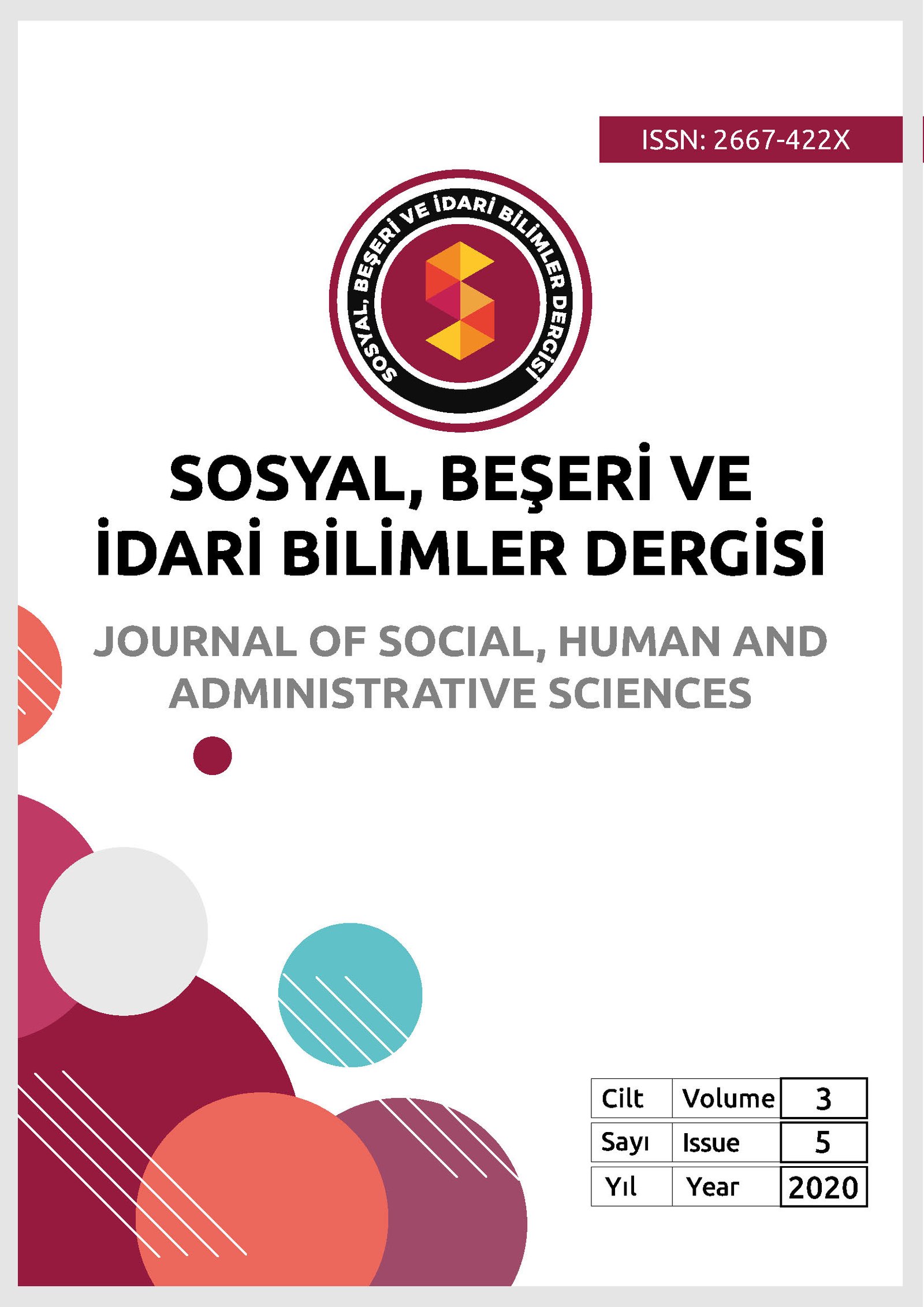An Evaluation of the Future of the Concept of National Sovereignty
Main Article Content
Abstract
Human has socialized as a requirement of reconciliation and order. The state, on the other hand, appeared as a device that guarantees compromise and order as a superior power. The state is therefore necessarily rational. Thus, the human included in the socialization process by the rulerruled relations. State is a structure that the authority has centralized in itself. In this way, it has been something that every person or group who desires to deserve try to take over. Where the state bases its authority to govern and how it legitimates determines the power and sustainability of its sovereignty. At this point, national sovereignty is made sense through its relationship with the nation. Today, sovereignty undergoes a series of changes due to its interaction with the infrastructure and transforms on the basis of human rights and freedoms. The conditions that make up the nation state are changing, global consensus is forming, and economic factors make the world societies uniquely. This situation causes the legal and moral framework to be agreed upon to become clear as human rights. The article evaluates the future of national sovereignty in this framework.
Article Details

This work is licensed under a Creative Commons Attribution-NoDerivatives 4.0 International License.

